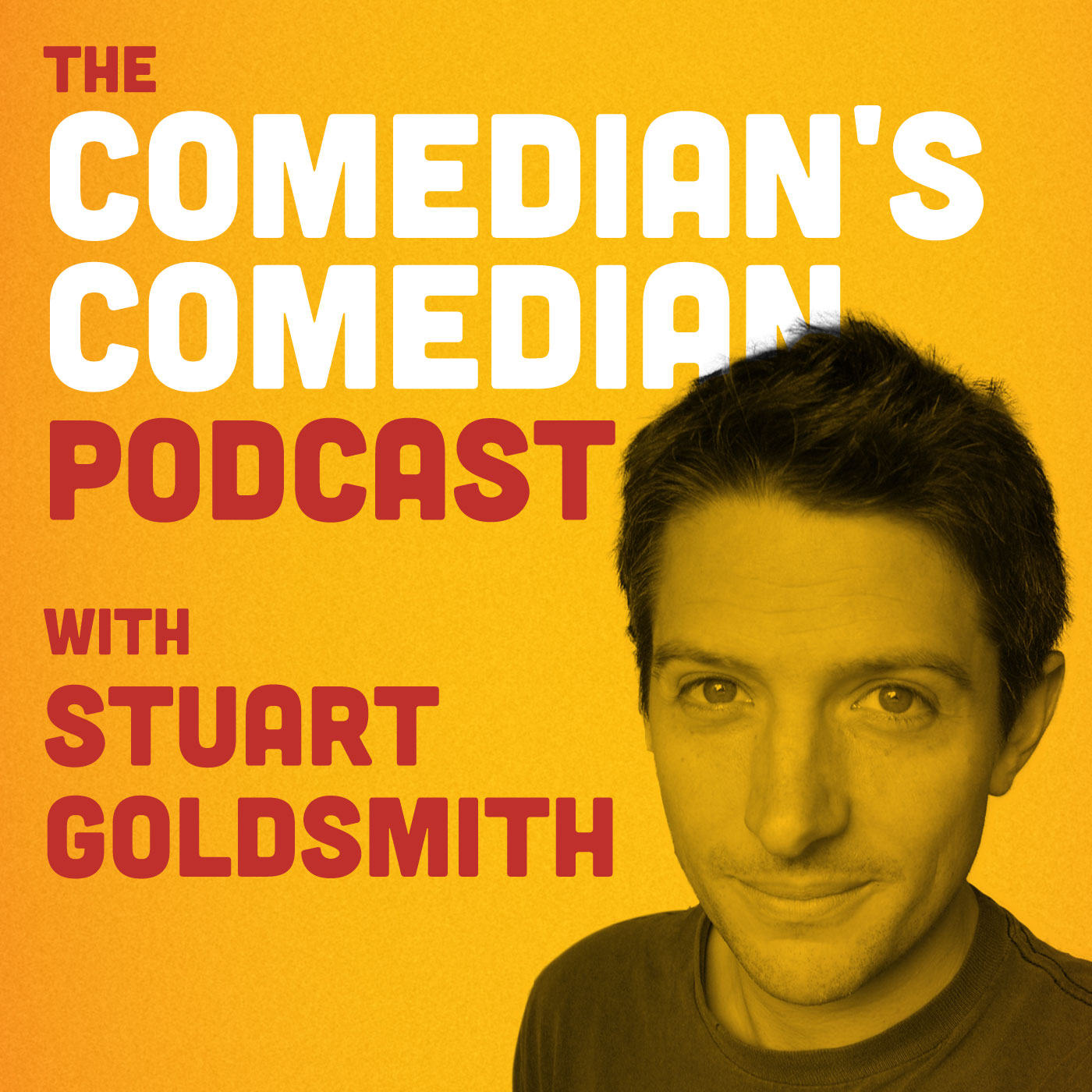Recently I started listening to The Comedian's Comedian podcast, which so far I'm enjoying very much. It did get me to thinking though, which is why - for a change - I am not blogging my #AStoryAWeek stuff in this particular post.
Instead this will be about something Rob Deering said during his interview on episode one. It was along the lines of this (and I'm paraphrasing purely because I can't be bothered to find the spot on the episode and quote him perfectly...); "As soon as an audience member becomes aware that they're reviewing the comedy, they cease being able to have a valuable opinion".
Or something like that.
He was speaking very much from a performer's point of view, with the understandable attitude that the review mind-set is not the one that the act was put together for, and even knowing that you're forming an opinion about the comedy renders both the comedy and your participation pretty futile. How can you engage in the way the comedian intended when you're not 100% there for the funny?
But my problem with this statement is from the point of view of an audience member. I've been to quite a few stand-up gigs, and sometimes you are chipped out of your relaxed and happy enjoyment by an act that just isn't funny. Or an act that's offensive. And then you can't help yourself - suddenly you're in the position of a critic, as you review what was said, how it was said, how the audience responded and how it made you feel. So it's all very well to dislike an audience member who is viewing the whole gig with a sense of detachment, but sometimes it's not a voluntary response.
And that's all I had to say in this blog. I know. It was well worth your time, wasn't it?
Instead this will be about something Rob Deering said during his interview on episode one. It was along the lines of this (and I'm paraphrasing purely because I can't be bothered to find the spot on the episode and quote him perfectly...); "As soon as an audience member becomes aware that they're reviewing the comedy, they cease being able to have a valuable opinion".
Or something like that.
He was speaking very much from a performer's point of view, with the understandable attitude that the review mind-set is not the one that the act was put together for, and even knowing that you're forming an opinion about the comedy renders both the comedy and your participation pretty futile. How can you engage in the way the comedian intended when you're not 100% there for the funny?
But my problem with this statement is from the point of view of an audience member. I've been to quite a few stand-up gigs, and sometimes you are chipped out of your relaxed and happy enjoyment by an act that just isn't funny. Or an act that's offensive. And then you can't help yourself - suddenly you're in the position of a critic, as you review what was said, how it was said, how the audience responded and how it made you feel. So it's all very well to dislike an audience member who is viewing the whole gig with a sense of detachment, but sometimes it's not a voluntary response.
And that's all I had to say in this blog. I know. It was well worth your time, wasn't it?

Comments
Post a Comment